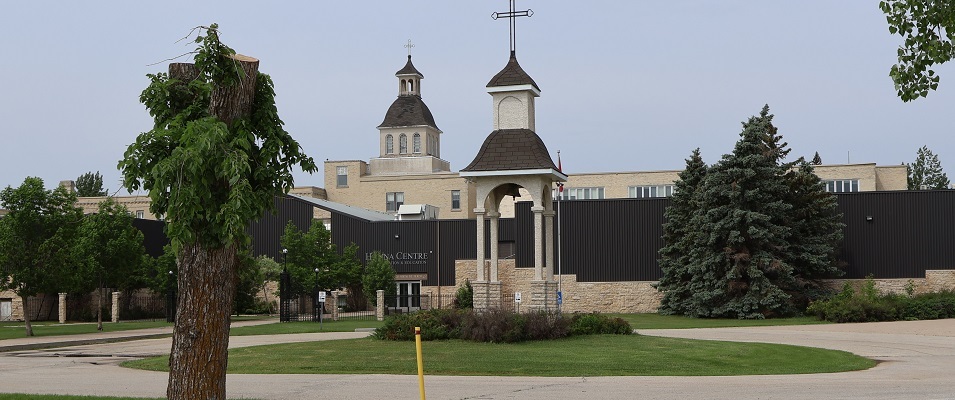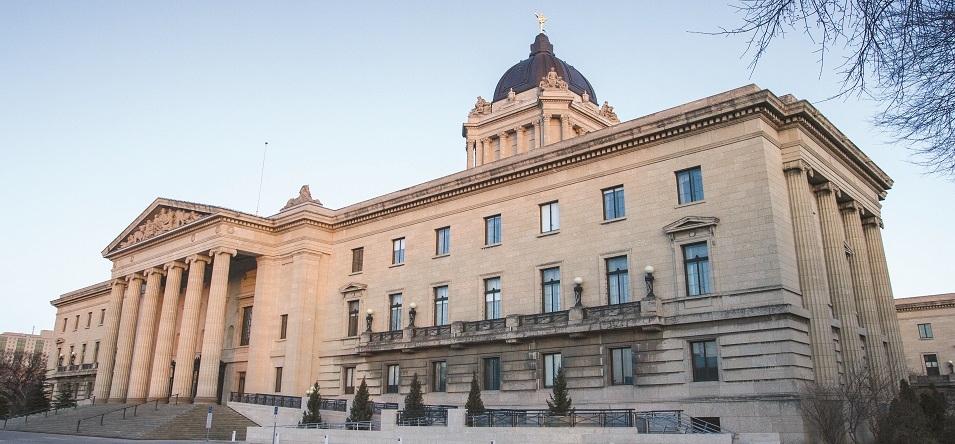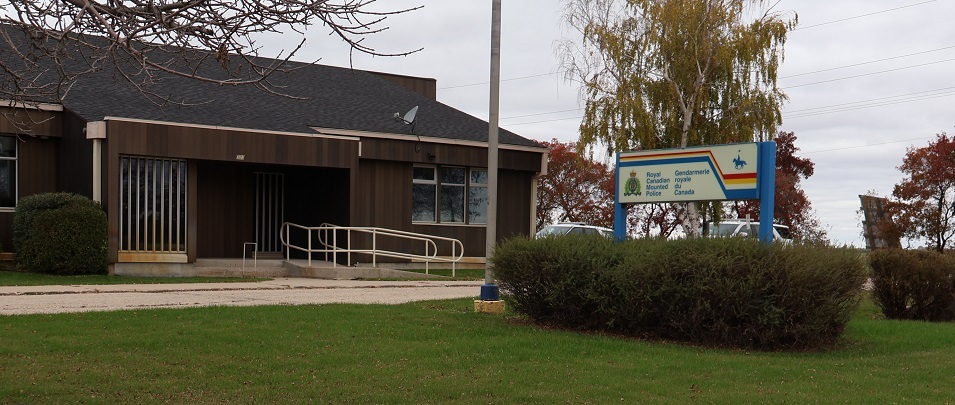
Earlier this year, on January 22, the federal government announced their intent to put a cap on the number of national study permits issued to students seeking to gain a postsecondary education in Canada.
Across the country, only 292,000 study permits will be approved for the 2024–25 school year. This is a drop of 28 percent from the 2023–24 academic year.
The move is intended to address the rapid increase in international students coming to Canada and, in the process, take some of the strain off the current housing shortages felt across the country.
For Providence University College and other private institutions like them, however, the news dealt a heavy blow.
On April 5, the government finally announced just how this cap would be quantified, province by province. Manitoba was allotted 18,652 spaces for new international students.
Dr. Kenton Anderson, president of Providence University College, says that the provincial government made it clear their priorities would lie with publicly funded institutions.
Even so, the school’s administration was shocked to discover that the province had allocated only 37 of those spaces to Providence.
In the end, Anderson says that the true number will be even lower.
That’s because the federal government has also introduced the requirement for attestation letters for the first time this year. All new international students wishing to educate here must first apply for an attestation letter from the educational institute of their choice. If provided, they can then apply for their study permit.
Providence University College has been authorized by the province to provide only 37 such attestation letters. But according to Anderson, typically only about half of international applicants are approved for a study permit.
For this reason, the 37 letters they provide will likely only result in about 20 new students.
“Before, it was more or less unlimited,” Anderson told The Citizen. “Now there are very strict limits on what we can do, so it’s pretty challenging for us. But this is the way by which they are controlling the number of students that can come into the country.”
Prior to the new rules, Anderson says that Providence was gearing up to receive about 1,000 new international students in the coming academic year. As things go, they will be lucky to achieve two percent of that.
Last fall, Providence expanded its footprint by procuring a new campus in Winnipeg’s core at a cost of $9.5 million. The former home of the Booth University College provided the school with 87,000 square feet of additional campus, including dorm-style housing for 400 international students.
Likewise, Providence’s main campus in Otterburne provides onsite housing for hundreds more.
Even so, Anderson adds, many international students arriving in Manitoba already have other housing arrangements worked out.
“In our experience, many of the students that come to study here have a support network already in place,” Anderson says. “Of course, we do a lot to assist in all of that, but many of the students would stay with friends and family.”
For that reason, he says, Providence students weren’t really contributing to the public housing problem in a significant way.
Anderson ponders whether the overall reduction in international students will have an adverse affect on the local economy in the end.
“It’s a good thing for the city and the province to have these students come and train to be productive members of our workforce,” Anderson says. “Most people will tell you that we need more [workers] who are willing to step up and take jobs that are going unfilled.”
That’s because many of these students, he adds, work at becoming Canadian citizens once their schooling is complete.
Further surprises were in store for Providence when they discovered that American students are included in the federal government’s mew restrictions. Recruitment in the U.S. has been integral for the university, with the exchange on the Canadian dollar making cross-border education appealing to Americans.
The new federal rules apply only to students seeking undergraduate studies in Canada. It will not affect undergraduate students who already hold a study permit. Nor will it affect those applying for graduate programs.
It’s the graduate programs that Anderson says Providence will have to quickly shift its focus towards.
“We had planned to work on that over time, but we’ve had to accelerate those plans because of this news.”




















